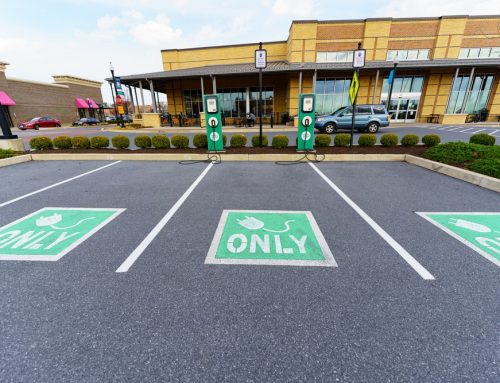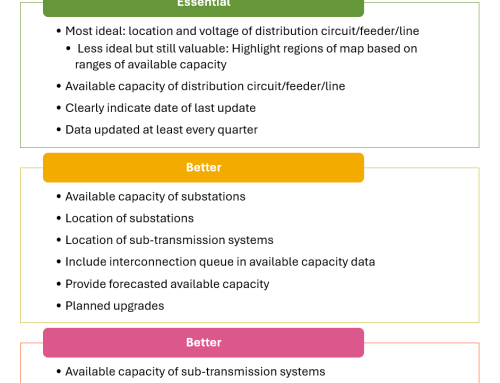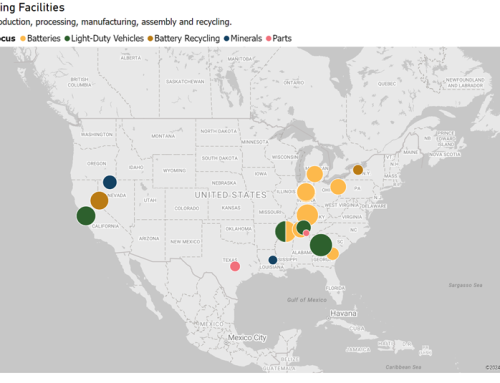
State Policy Actions (including enacted, under consideration and failed) in 2022. Source: EV Hub.
This year, we have seen big legislative movements from states in favor of electric vehicles (EVs). Our recent Legislative Update tracks new policy developments from July and August and provides a comprehensive breakdown of state policy activity over the course of this year.
We previously covered key policy enactments in a digest earlier this year. As more states wrap up their legislative sessions, here is a rundown of states that have enacted notable legislation in the past few months. This data comes from our State Policy Dashboard, a comprehensive source for enacted policies and proposed legislation.
Massachusetts
Last month, the Massachusetts legislature came to an agreement on sweeping climate action in the state, with a significant focus on transportation electrification. H5060 provides up to $5,000 in point-of-sale rebates for light-duty EV purchases costing less than $55,000 with an additional low-income qualified rebate of up to $1,500. Rebates of up to $4,500 are also available for medium and heavy-duty EV purchases and for individuals who seek to trade in their internal combustion engine vehicle. H5060 mandates 100 percent sales of new zero-emission vehicles beginning in 2035 and an all-electric Massachusetts Bay Transportation Authority bus fleet by 2040, prioritizing buses that route through underserved communities. The Act also requires the state building code to mandate EVSE parking spaces and off-peak rates for EV charging.
Vermont
To cap off a busy legislative session, Vermont put forward the largest transportation bill in the state’s history. H736 appropriates $868 million in total including $6.25 million for the installation of DCFC along the State highway network, $10 million for workplace and multi-family dwelling EVSE installation, $12 million for a new EV incentive program, and $3 million for a mileage smart incentive program.
Maryland
To keep up with the momentum on the East Coast, Maryland passed a suite of important EV bills. First, SB528, or the Climate Solutions Now Act, is a sweeping climate bill that requires school districts to only procure zero-emission buses beginning in July 2024 and for the Public Service Commission (PSC) to establish an electric school bus pilot program. This Act also requires the state to only purchase zero-emission passenger vehicles by 2028 and zero-emission light duty vehicles by 2033. Secondly, HB696 establishes an electric school bus pilot program to be implemented by the PSC through investor-owned utilities (IOUs). Last but not least, HB1391 establishes a $7 million four-year MDHD ZEV Grant Program. This Act extends the vehicle excise tax credit for EVs and requires that an electric vehicle has a base purchase price not exceeding $50,000.
New Jersey
In August, New Jersey enacted legislation that approved grant funding for school bus electrification. A1282 requires the New Jersey Department of Environmental Protection (DEP) to develop and implement an electric school bus program with $45 million in funding available over the course of three years. The Act authorizes $15 million in the first year and $15 million annually in the subsequent two years to the DEP to provide grants subject to availability.
Colorado
Colorado also approved funding for medium and heavy-duty vehicle fleets earlier this year. Signed by Governor Jared Polis at the start of June, SB 22-193 creates a $15 million diesel trucks grant program and a $65 million electric school bus grant program.
If you’re aware of any developments, get in touch by replying to this email!


